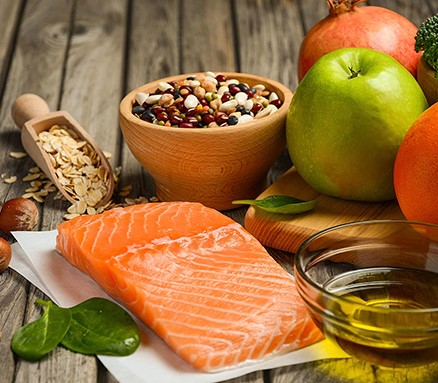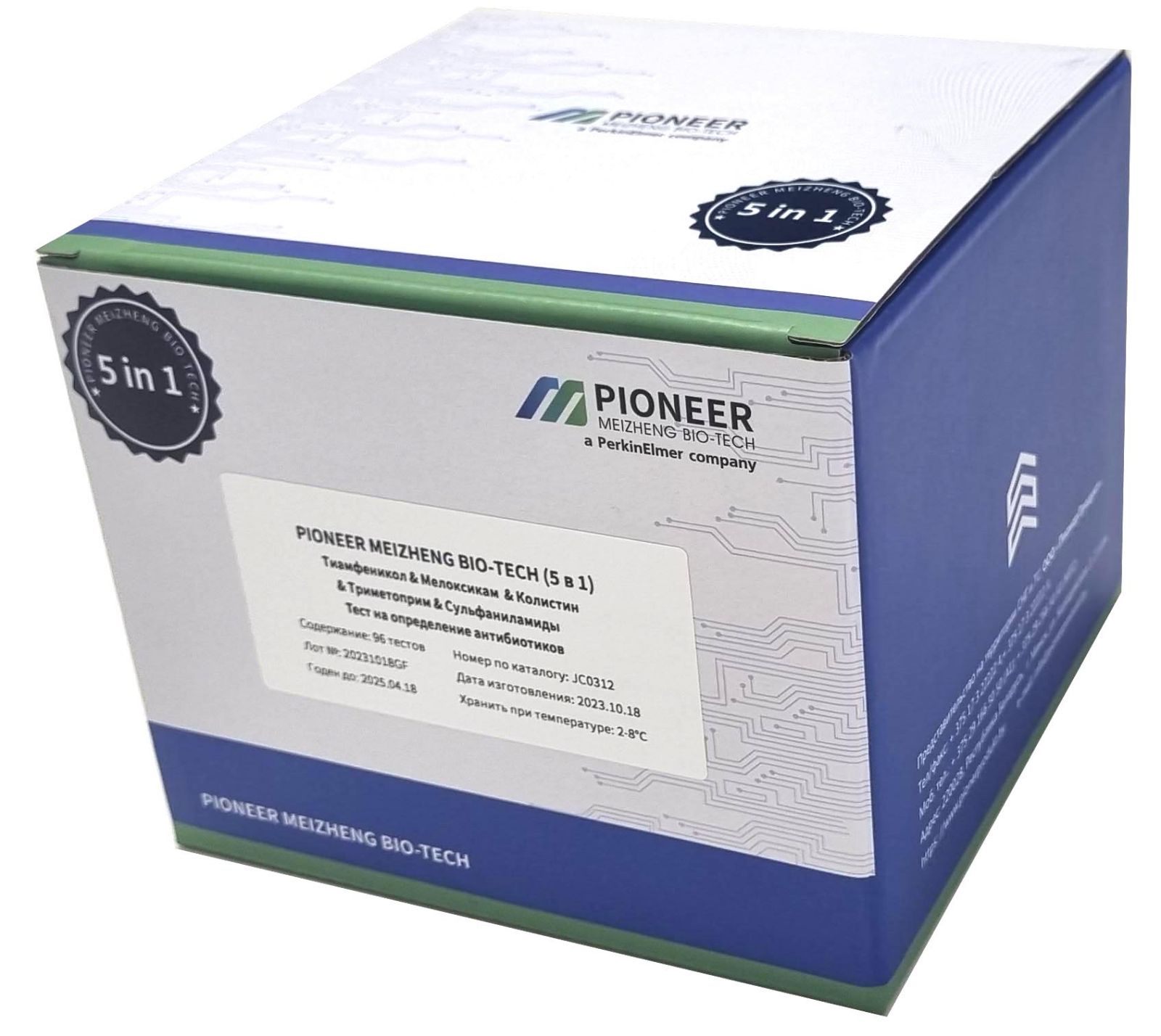Anuga presents the most important trends in the food sector in 2025
Personalized Nutrition
The need for personalized nutrition is growing. Personalized nutrition means that consumers selectively choose food and beverages that match their individual preferences and eating habits. There is an increasing focus on aspects such as balanced nutrition, nutritional intake according to needs, and functional foods.
According to the Innova Trends Survey 2025, more than a third of consumers use fortified foods and drinks to obtain specific doses of nutrients. The weight management products market is experiencing particularly rapid growth, with a CAGR of 8% (2022–2024). The drivers of this development are the US , India and the UK , with Germany recording the highest growth rates in Europe.
Sustainability and Alternative Protein Sources
There is an increasing focus on sustainable products. For example, plant proteins such as legumes are becoming increasingly important. The market for plant-based foods based on legumes is expected to grow by 11% per year (2022–2024). The leaders in this area are Germany, the UK andFinland , and the highest growth in Europe was recorded in Switzerland - +108%.
On the other hand, experts say the trend towards alternative protein sources is growing rapidly. While demand for plant proteins increased by 5% between 2020 and 2024 , demand for cultured and microbial proteins grew by 15% over the same period. They are particularly in demand in the categories of “Meat Alternatives” (43% of new offerings), “Ready Meals” (13%), and “Desserts and Ice Cream” (11%). Moreover, a current survey shows that two out of five consumers worldwide are interested in trying hybrid MEAT products that combine traditional and alternative protein sources.
With Anuga Alternatives, Anuga is pioneering the way forward in the global food industry. The new fair will feature products made from plant proteins, insect proteins, algae proteins, mushroom proteins and cell cultured meat.
Snacking.
About half of consumers snack at least once a day. Manufacturers are increasingly turning to smaller portions and innovative flavors to meet consumers’ needs for pleasure and convenience.
Private label
Private labels are growing in popularity, particularly in Europe and North America. In 2023, just under a third of consumers reported choosing private label stores more often. Europe leads the way with 62% of new introductions to private labels, followed by North America and Asia. Brands are particularly present in the bakery (13%), meat, fish and eggs (12%) and prepared meals (12%) categories.
Premium and Gourmet: high-quality, eco-friendly, exclusive
premium products impress not only with their exclusivity, but also with their eco-friendliness and quality. Consumers increasingly expect to receive ethically pure and healthy products. The share of premium innovations is especially high among hot drinks (11%), sauces and spices (10%) and snacks (9%).
Fortified foods
More than half of consumers are interested in fiber-rich foods and drinks. The market for digestive fiber will grow by 3% per year from 2022 to 2024, with the largest markets being the United States, the United Kingdom, and CHINA . Food supplements (47% of new products) and products for babies and toddlers (26%) are particularly well represented.
Halal
Demand for halal products is growing worldwide. Over the past five years, the segment has recorded an annual growth rate of 8%. The halal segment is particularly dynamic in the Bakery Products (15%), Sauces and Spices (13%) and Snacks (11%) sections.
With clean label
Consumers are increasingly choosing products without artificial additives. Particularly high shares of clean label are recorded in the categories of sauces and spices (13%), bakery products (10%) and snacks (9%).




























































